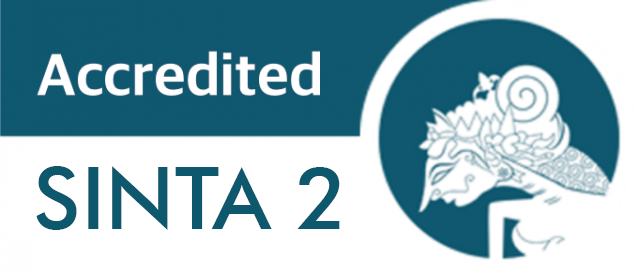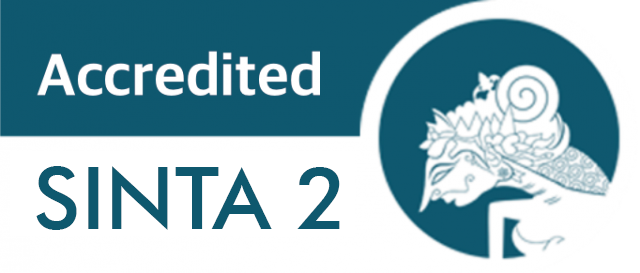Relationship Between Personality and Relapse of Breast Cancer Patients at The Oncology Polyclinic Dr. Soetomo Academic General Hospital Surabaya
Downloads
Introductions: Breast cancer is a major health problem that affects the lives of millions of women. Some patients have tried treatment, but cancer recurrence is still present. It is suspected that growth factors play a role in the occurrence of relapse. However, until now, it has been controversial. Finding out whether there is a relation between personality and the incidence of relapse in breast cancer and comparing the personalities of patients with relapsed breast cancer with those with non-relapsed breast cancer. Methods: Analytical research is an observational case-control study. The number of respondents is 56 patients who meet the criteria. It consists of 28 relapsed patients and 28 non-relapsed patients. The research was conducted at the Oncology Polyclinic of Dr. Soetomo General Hospital. Using an instrument to measure personality types that have been validated, namely the OCEAN”Big Five Questionnaire Inventory 44 and Demographic Questionnaire. Results: There is no relationship between personality and the incidence of relapse in breast cancer (p > 0.05). The type of personality in relapse with the most neuroticism (29%) and non-relapse with the most openness (32%), extraversion (36%). Conclusions: The incidence of relapse in breast cancer is not only caused by personality factors; it is possible that other factors play a role. However, the personality of neuroticism is quite prominent in relapse patients.
Copyright (c) 2024 Danang Nur Adiwibawa, Agustina Konginan, Heru Purwanto

This work is licensed under a Creative Commons Attribution-ShareAlike 4.0 International License.
1. Copyright of this journal is possession of the Author, by the knowledge of the Editorial Board and Journal Manager, while the moral right of the publication belongs to the author.
2. The journal allows the author(s) to retain publishing rights without restrictions.
3. The articles are published under a Creative Commons Attribution Share-Alike (CC BY-SA) license. Many research funding bodies prefer the CC BY-SA license because it allows for maximum dissemination and re-use of open access materials. Users are free to share (copy, distribute, and transmit) and remix (adapt) the contribution under this license, including for commercial purposes, as long as they attribute the contribution in the manner specified by the author or licensor.




























